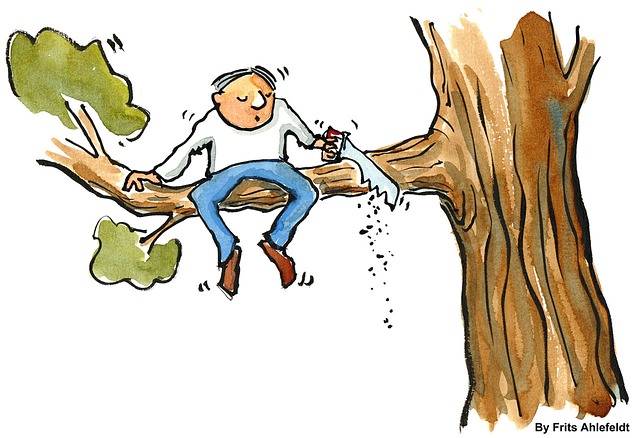Your retirement speech
Your retirement speech is your moment to tell others Thanks for the memories.
Making your retirement speech can be intimidating because of the emotions involved. Even though you have anticipated this date for years, you realize that this moment is your grand finale with the company. People will expect to hear from you and what you say will probably be the highlight of the party.
A helpful, no-obligation offer from Special Speeches . . .
Your retirement speech is the opportunity to let your friends and coworkers know how much you appreciate them and how important they have been to your career with the organization.
You can tell some jokes or make a few wise cracks to add levity to the occasion. But you should mention some other points to let others know they are appreciated as you tell those in your organization goodbye.
First and foremost, watch your time. Your retirement speech -- if energetic and engaging -- will make guests feel good. But if you decide to wing it and ramble on endlessly, they'll become restless and wonder how soon they can get back to work.

You should be able to say what you need to in 5-6 minutes While people will anticipate a short retirement speech, they'll start rolling their eyes after 10 minutes.(You may not see that but the blank stares you'll notice among your guests tell you they have their minds elsewhere.)
Tip -- After you have written your speech, read it over and time yourself. Then add 60-90 seconds because you never talk to others as quickly as you read text.
Composing your retirement speech
When you speak at your retirement party, you want to give those you've worked with something to remember you by. The most memorable comments you can make will be your thoughts about others.
As you draft your retirement speech, include some of the suggestions below for an engaging and balanced farewell that make people glad they came.
Express thanks those who have come and those who organized the event. But, be brief. You want people to know you appreciate their efforts. However, you will quickly lose the attention of everyone if you spend too much time on acknowledgements and thanks to individuals. Write notes or find other ways to individually express appreciation to those who organized the event without killing your audience.
Talk about when you first joined the organization. Colorful details help here, especially for those who are relative newcomers. Describe the number of employees, the equipment used, the type of services offered and what the organization was known for.
Mention one or two highlights during your career with the organization. These might include

- your biggest mistake or mishap
- a major event
- a turning point in the business
- unexpected outcomes from changes
- the toughest time you remember
- the most fun time you remember.
Describe changes and challenges the organization has faced during the years since you first joined it.
Mention one or two people or groups you worked with but be careful not to get carried away. You'll inevitably leave out someone so limit the people you single out. The safest bet is to mention the person who hired you and the team you work with now. You can privately thank others later. That reduces the risk of mentioning some people and hurting others' feelings by leaving them out.
Briefly recognize and thank your family. Others may not remember that you did this but members of your family will certainly remember and feel slighted if you fail to mention them.
Express confidence in the future of the organization. You are optimistic about the path being taken and are grateful for having been a part of it. If you cannot express gratitude, say nothing at all. (Remember what your mother always told you: If you can't say something nice . . . )
Other pointers
Keep your tone light. If you want to be funny, you might give a history of the company from your vantage point. The history would start the day you arrived and include special moments and funny events that happened during your career there.
Drop a name or two. If there are legendary characters you worked with who most people would know or could identify with, mention them. But it's important to give context. Describe your interaction with them using a specific incident or event. Just giving their name is the equivalent of saying blah...blah...blah.
Don't take yourself too seriously. Your retirement speech should have a humble tone. Nobody likes a braggart but people love self-effacing humor. Joke about your missteps and let others boast about the great things you did. This may be your last last opportunity at work to apply a fundamental principle of good leadership: where there is blame, accept it; when praise is due, give credit to others for the job well done.
Encourage others to keep in touch but let them know that you will not be hanging around. (That will be especially reassuring to the person who is taking your place.)
Start early.
Your retirement speech requires thought, organization and practice. You should know it well enough to be speaking as if you are having a conversation with your audience. Notes are okay but don't read. Remember, practice makes perfect.
Finally, open and close with a bang. In other words, start off with a story, a joke, a quote or something else that makes people want to listen. And think carefully about your conclusion. Ideally, you should tie your ending back to something you said at the beginning.
If you are not a confident public speaker, one organization you might consider is Toastmasters, International -- the world's foremost organization dedicated specifically to helping people improve their speaking skills. The Toastmaster's website has a host of public speaking tips to help you with your retirement speech.
All advice on this site was written by humans. No copy was written by AI.
Please support real writers.
